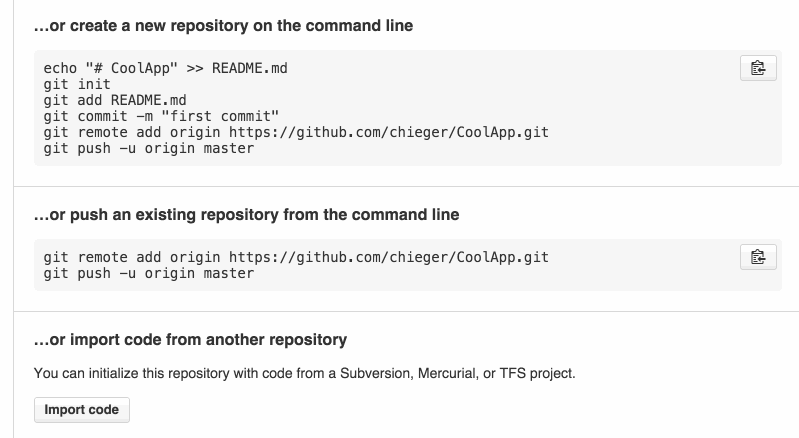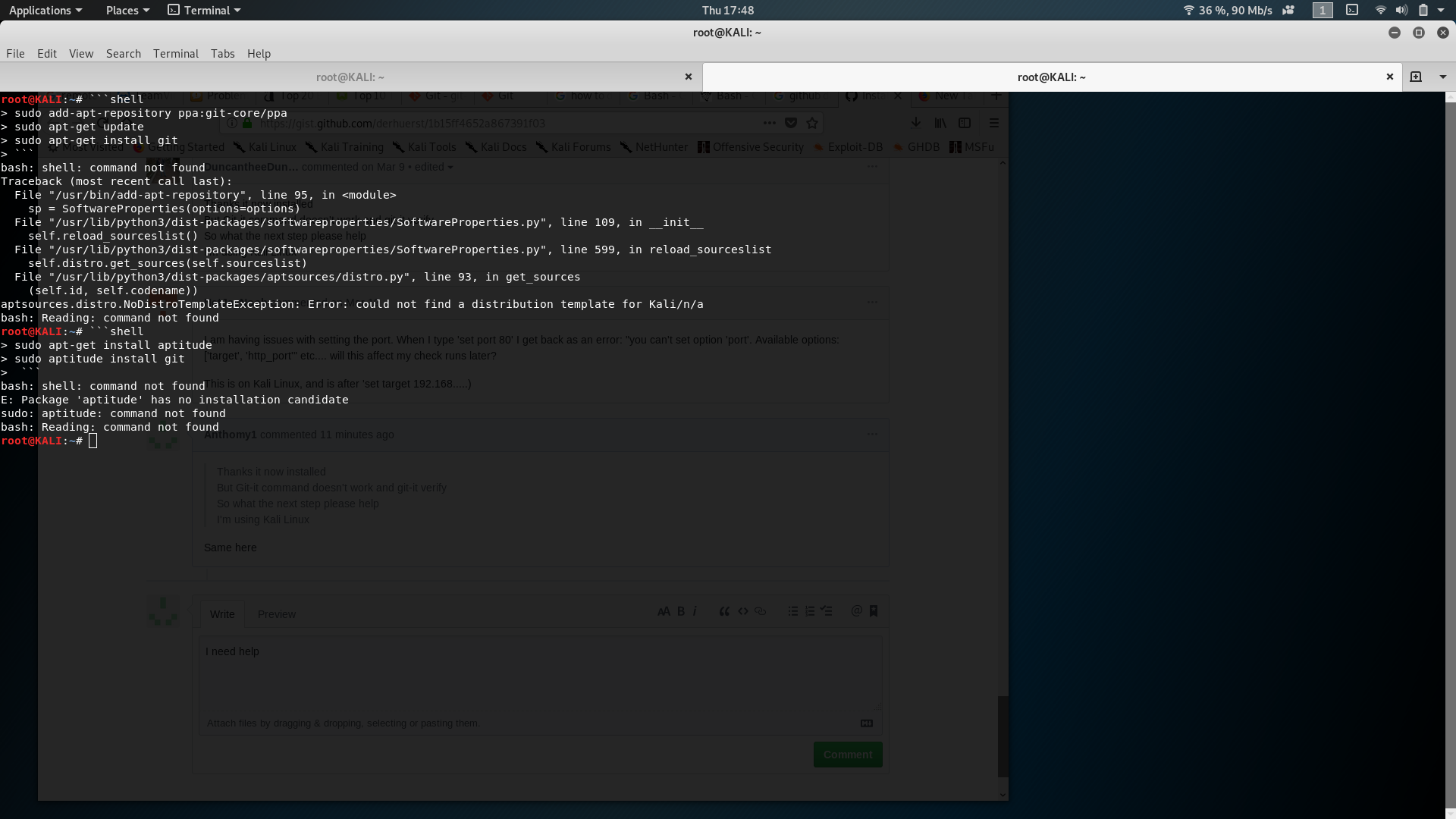

This is the command when we want to see a summary of the changed/tracked/untracked files. When you have a repository, in the master folder, you run command and git makes a secret folder called as ".git", stores git-related files so that git can track everything that changes under this command. This is the command that initializes the repository. In the previous section, we have used the following commands. Nothing added to commit but untracked files present (use "git add" to track) Initialized empty Git repository in D:/repo1/.git/

The content of the file should be as follows In this demo, we will see how a simple branch is created. Let's call it "repo-db-feature", and the developer who is going to work with the business-logic will have his/her own branch too, "repo-business-feature". Then, the developers who is going to work with the database part, will have his/her own branch inherited from the master branch. Architect makes a boiler-plate code, and initialized git with it, because it's the first branch initialized, it's called as " master" branch, every other branch inherited either from this branch, or inherited from any branch inherited from it. It has database part, and business-logic part, which are located in different packages. A branch is a version of the " repository" inherited from it's parent version. So, if there is an initial version of a file, let's say, version 1.0, then if two people are going to work with that, then it can be cloned (copied) so that different workers can work with their own version. In the introduction part, I've written about how people can work with different versions at the same time. This can be a repository of a Magazine - March, or a repository of a framework written in Java, or it could containt just a README.md file. It's domain-agnostic, it only focuses on versions based on files.įirst of all, I'll call any project as " repository". First of all, Git is a version tool, and secondly, it's not dependent on programming languages or working domain. In this example, I just wanted to mention 2 things.

After the article is finished with a draft, reviewers may put some note, editors change the article. Sometimes, even, a simple article, possibly written by more than one writer. There are writers and also multiple reviewers and editors. Think about this, you with your team is working in a daily magazine. Git is a versioning tool, and what's a versioning tool. Later then, I want to extend this tutorial about advanced features of git.

However, first things first, because that I believe that an ordinary developer should learn basic git concepts and what it does, when to use what, I'll focus on that at first. My goal is to make this tutorial as deep as it gets within time, so this tutorial will evolve gradually within time. This is a tutorial on git using the command line.


 0 kommentar(er)
0 kommentar(er)
